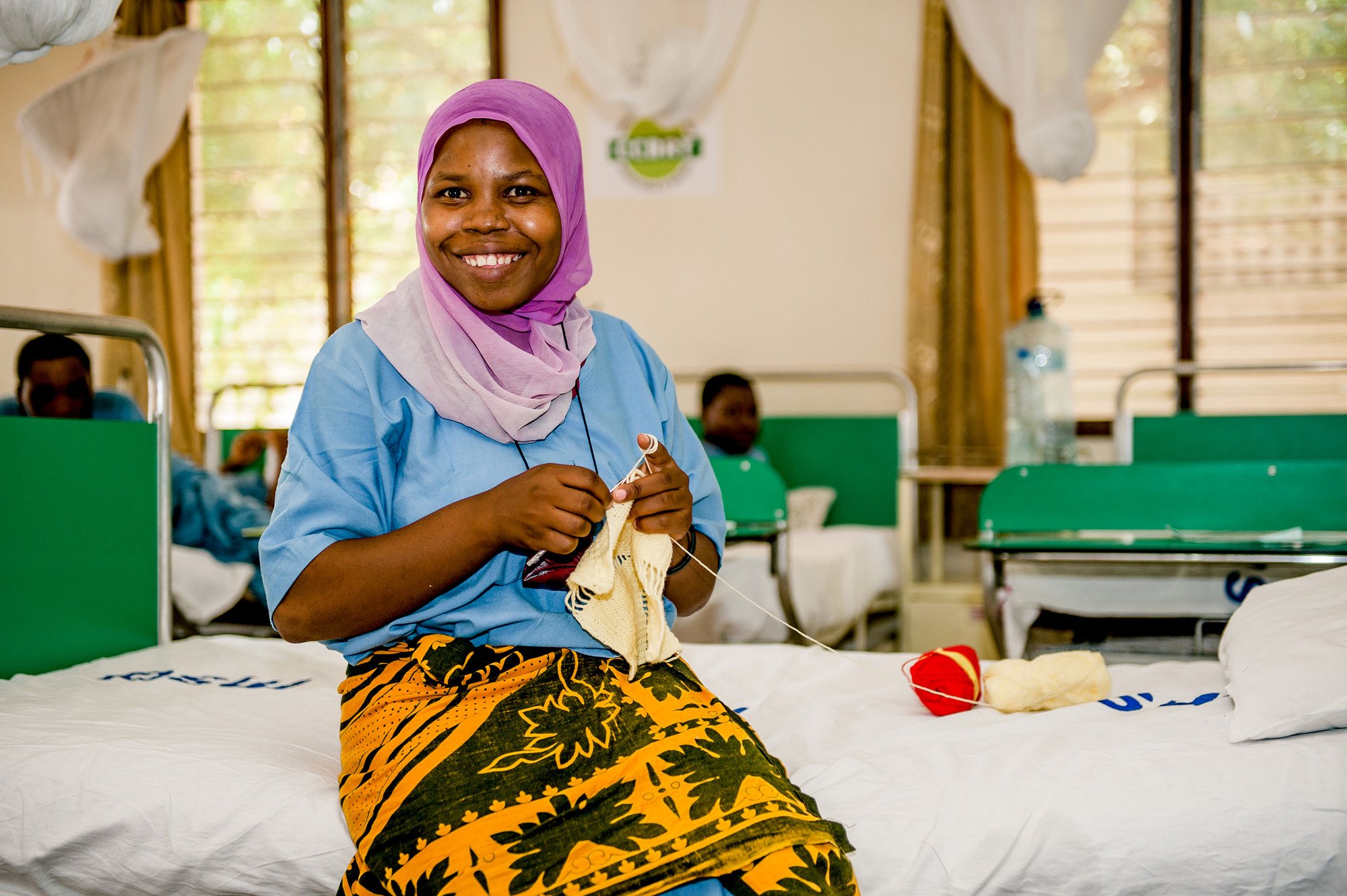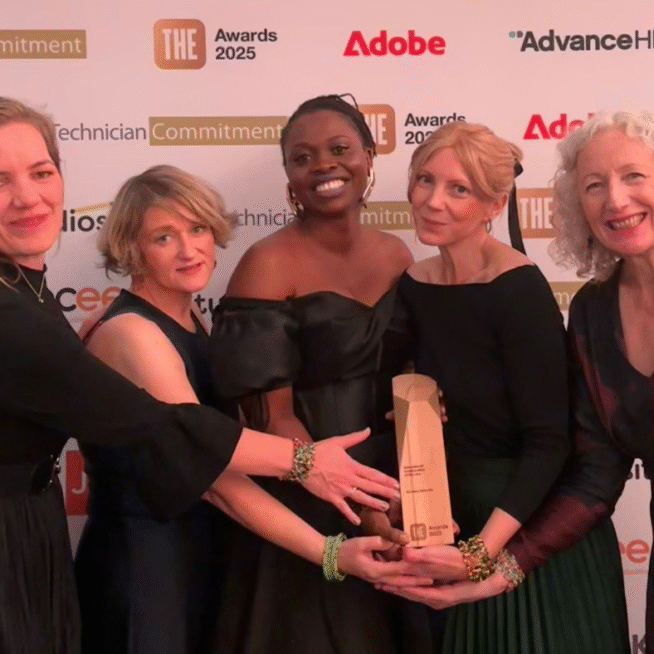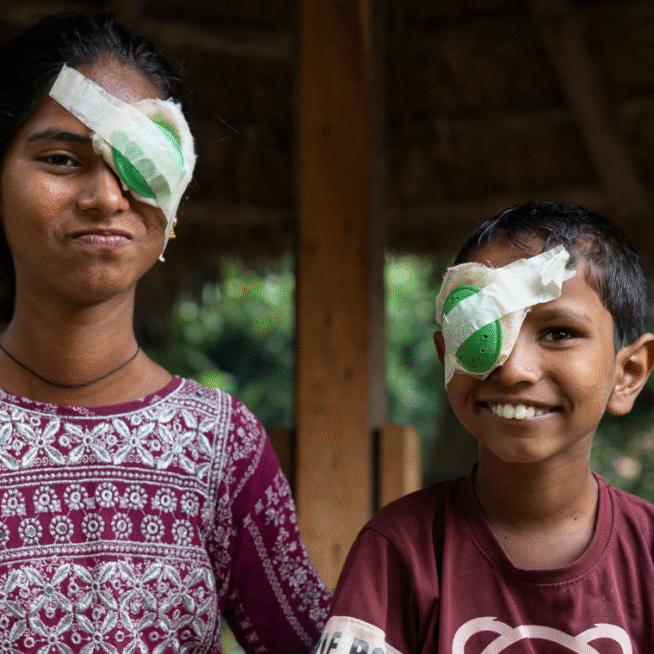Want to transform lives with us? Stay in touch and hear about our news, activities and appeals by email!
Joanna Lumley supports CBM UK in work to end Obstetric Fistula

Renowned actress Joanna Lumley has spoken out in support to end the brutal condition that is Obstetric Fistula.
Devastatingly, 2 million women in Asia and Sub-Saharan Africa are currently suffering from Obstetric Fistula. Due to prolonged obstructed labour, without medical support, these women are living with a hole between the vagina and rectum or bladder. The result is that those suffering constantly leak urine or faeces, or both. Many women do not know that treatment is available and are forced to live with the condition for decades. 
“It is utterly horrifying that around 2 million women are suffering with Obstetric Fistula. Not only have they endured a traumatic labour, in many cases resulting in the tragic loss of their baby, they are left with life-changing damage to their bodies. Then to be shunned by their communities is beyond belief.
“No woman should have to endure this terrible condition, especially as it can nearly always be treated with surgery. So please help end this pitiful suffering by raising awareness this International Day to end Obstetric Fistula, and by supporting organisations like overseas disability charity CBM, which helps women to access treatment and rebuild their lives.”
The stigma around Obstetric Fistula is regrettably so widespread, many women feel the only option is to go into hiding, facing a lifetime of isolation. As a result, many women live at risk of serious infections and other complications. Yet in nearly all cases, the condition could be cured with surgery, if funds can be raised.
CBM UK, supports projects throughout the developing world, including those in Tanzania and Nigeria, that provide essential surgical treatment and rehabilitation for women and young girls who have experienced fistula. CBM also funds Community Health Workers, who are key to helping women suffering with fistula, as they locate and refer women and young girls with the condition and are active in their rehabilitation back into their communities. They arrange transport to and from hospital, as the cost is often a barrier to those with little income reaching help.
CBM in action – read more about our work to support women with fistula:
- Restoring hope and dignity to women with obstetric fistula in Nigeria (open link in new tab)
- Restoring hope and dignity – treating obstetric fistula in Tanzania (open link in new tab)
“I suddenly felt so lonely, excluded and useless. Not only did I lose my child. I just wasn’t the person I used to be anymore. I smelt badly, I couldn’t hold my urine and my bowels; I was scared of other people. I was so ashamed….When I go back to the village, I will not hide anymore. I will tell the people that I’m overjoyed to be cured.” Read Mariam’s story of living with fistula (open link in new tab).





